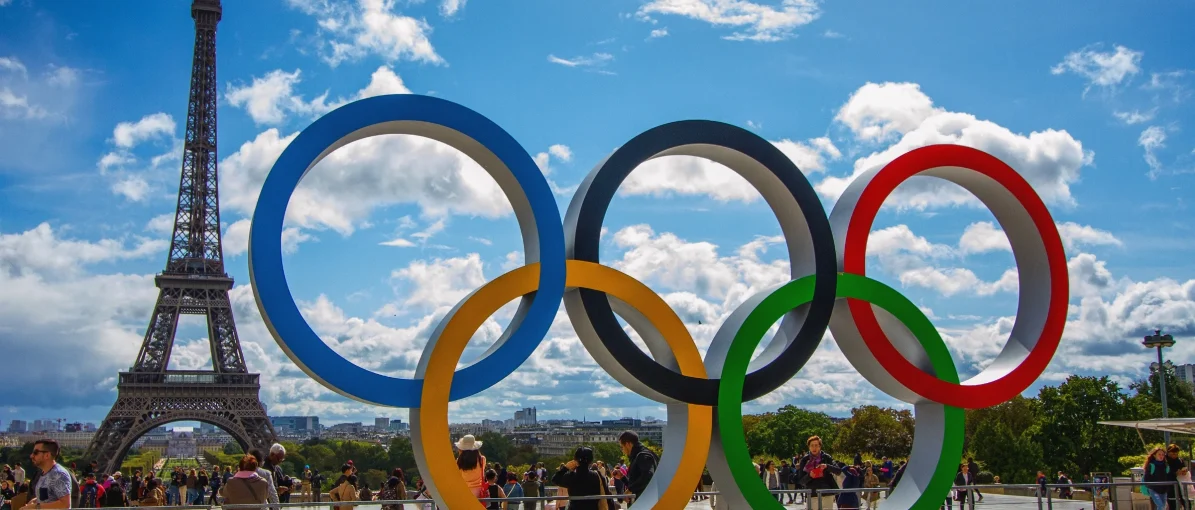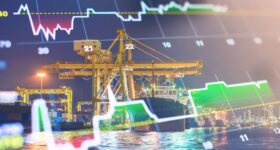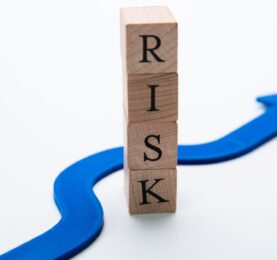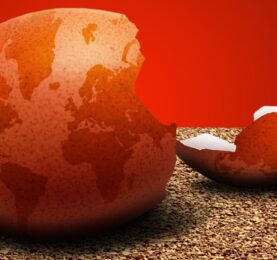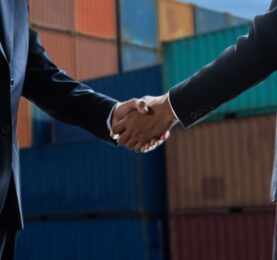The golden era of global trade may be behind us. Until recently, tariffs were decreasing and free-trade agreements were increasing. Now, sovereignty and strategic autonomy have taken precedence over open borders and partnerships in many political agendas. Trade is becoming more inflationary for consumers and more complex for companies and investors. However, globalization isn’t dead; it’s evolving, and adaptation is necessary.
Since 2017, rising geopolitical tensions have made protectionism the new norm. Last year, over 3,000 trade barriers were implemented worldwide, five times more than in 2017. The upcoming US elections could see the return of trade wars if Donald Trump secures a second term. Even if it is more moderate and targeted, US tariffs could reach their highest levels since the mid-1970s. Meanwhile, conflicts and climate change are exposing the risks at crucial trade routes, such as the Red Sea and the Panama Canal. Innovation and knowledge exchanges may face more regulations and taxation, similar to the financial sector caught in the deglobalization trend.
The solution? Successful trading in this environment requires new strategies: enhancing public affairs, building strategic stocks, securing alliances for critical supplies, continuously diversifying, and creating more local value. Managing these frictions will become a central task for CEOs globally, after previously benefiting from a more open world.
The Olympics serve as a unique moment of unity and transcendence, reminding us that the world can come together every few years. When businesses feel discouraged by increasing sanctions and barriers, they might find inspiration in the Olympic creed, Pierre de Coubertin’s words: “The important thing in life is not the triumph, but the fight; the essential thing is not to have won, but to have fought well.”
Learn more here: https://www.allianz.com/en/economic_research/insights/publications/specials_fmo/20240711-olympic-games.html



